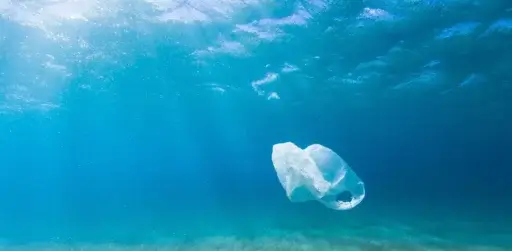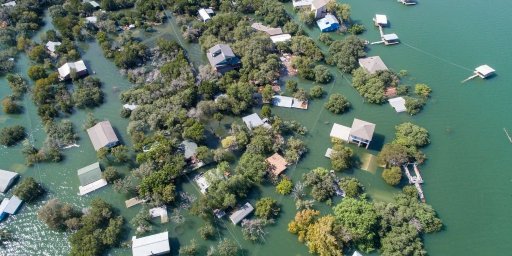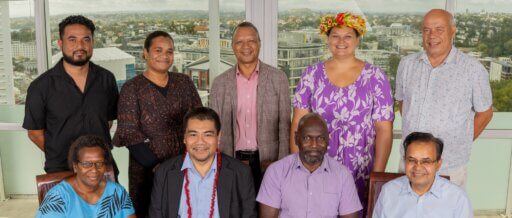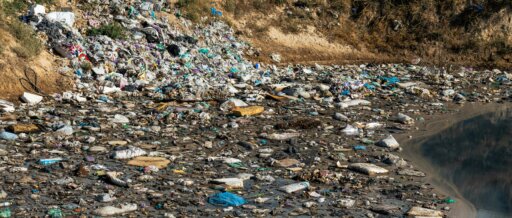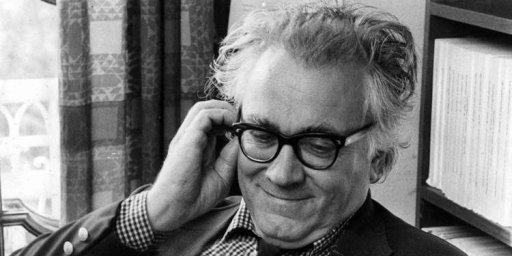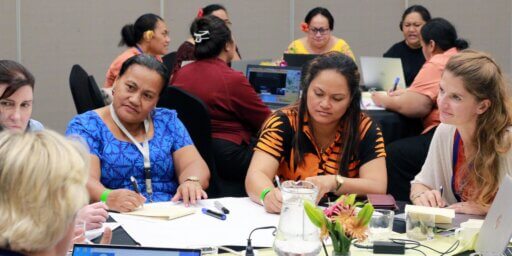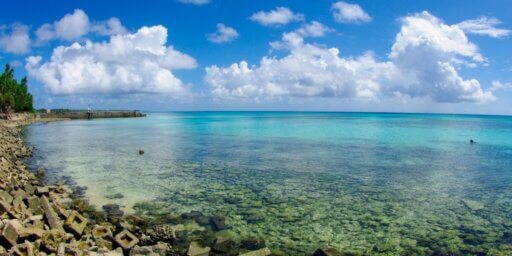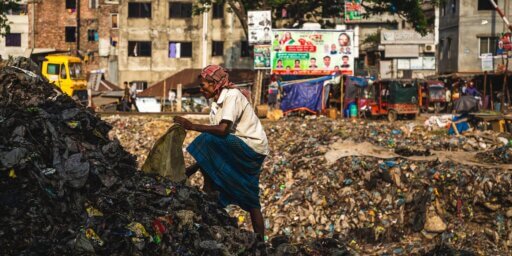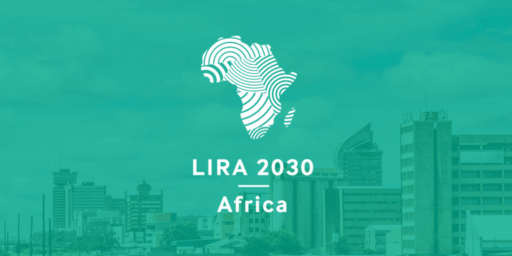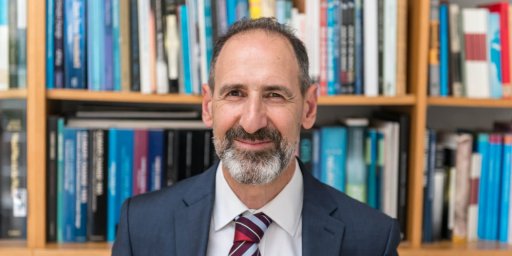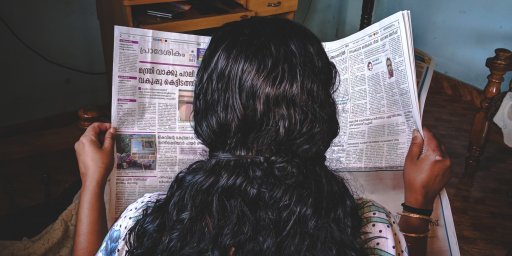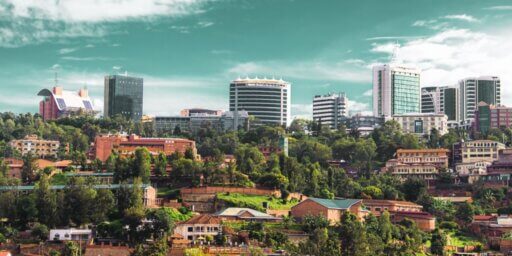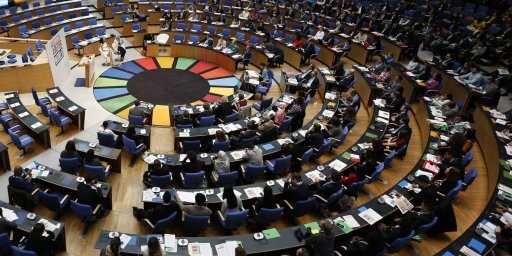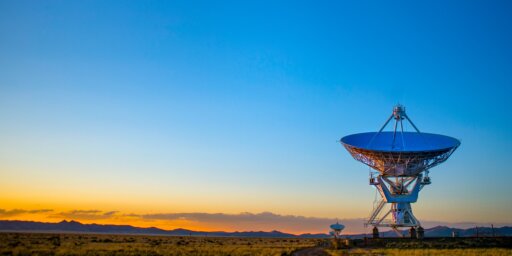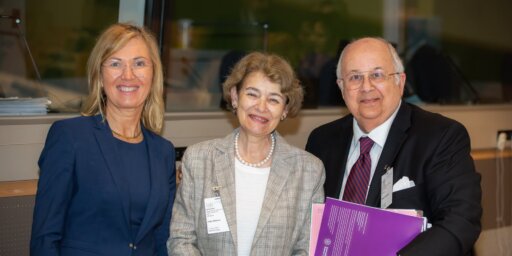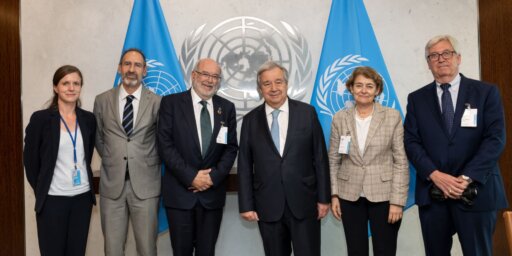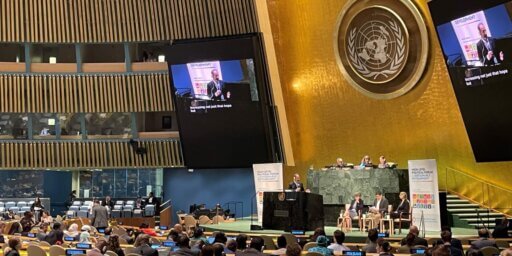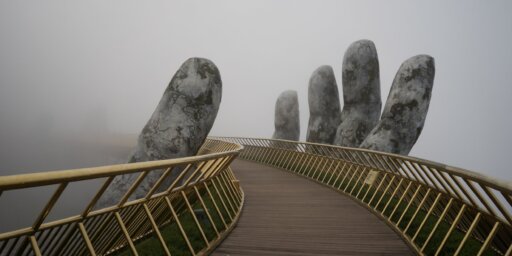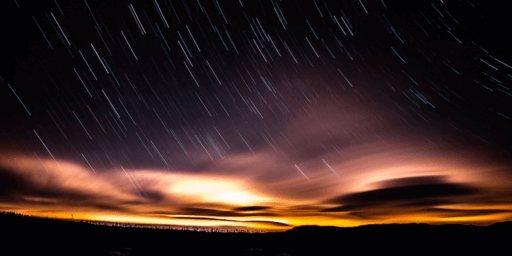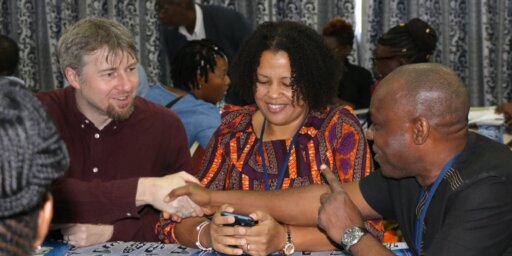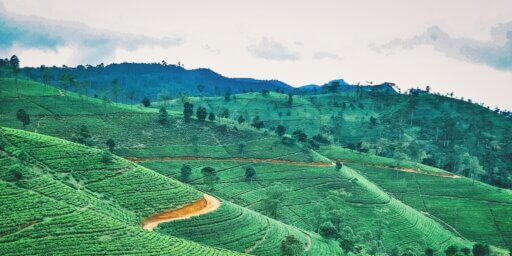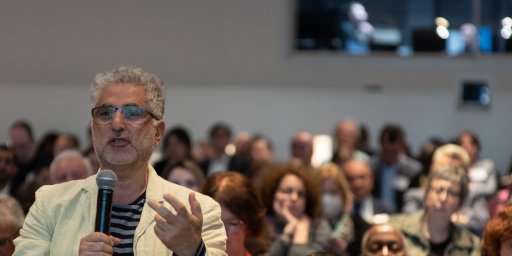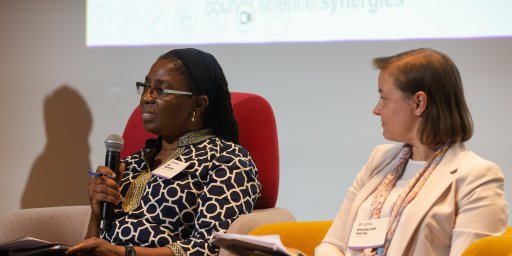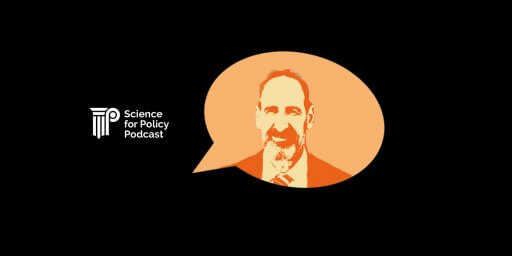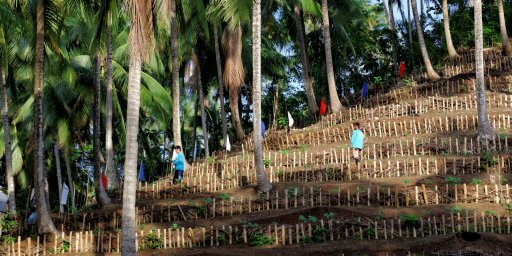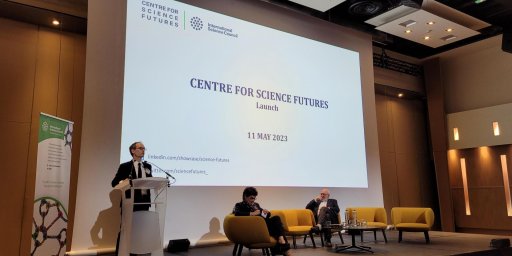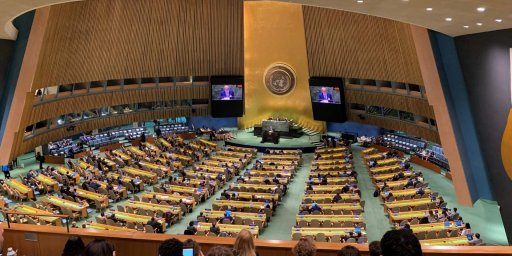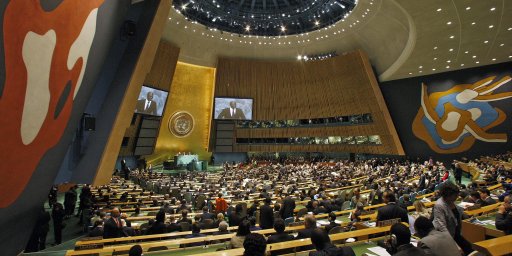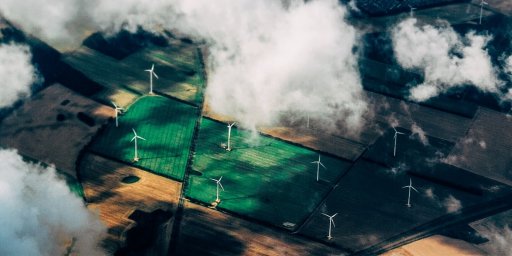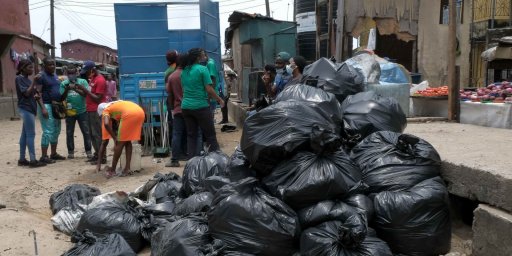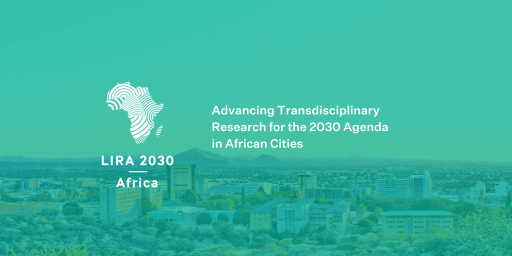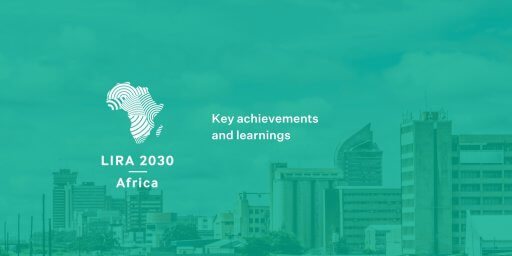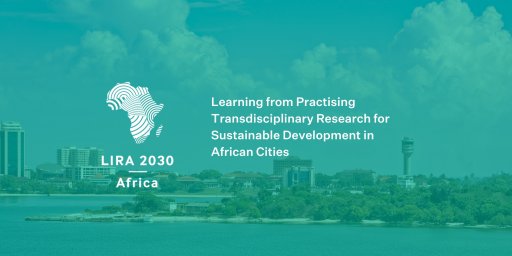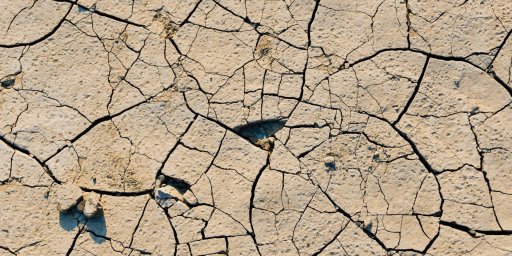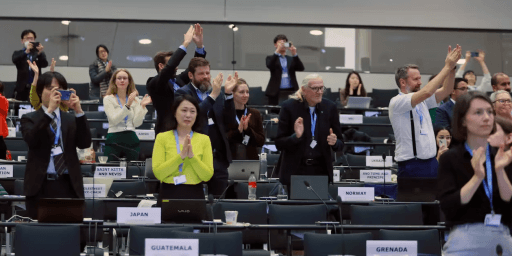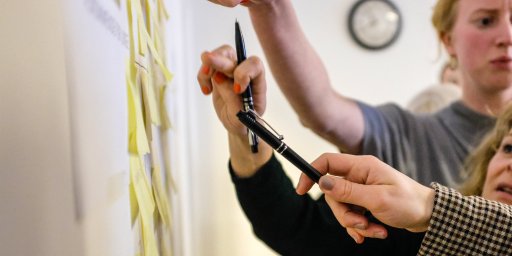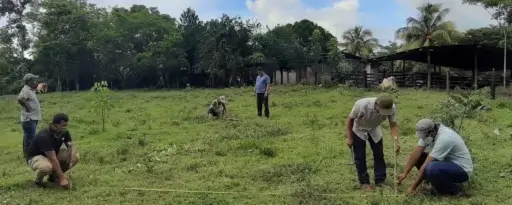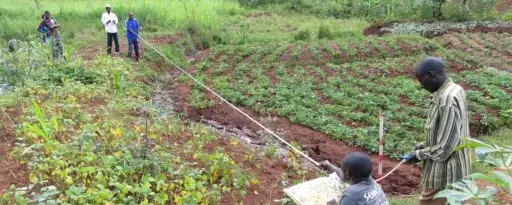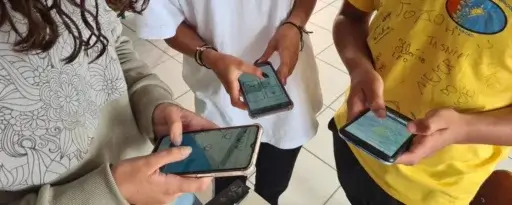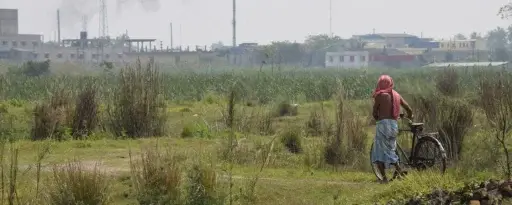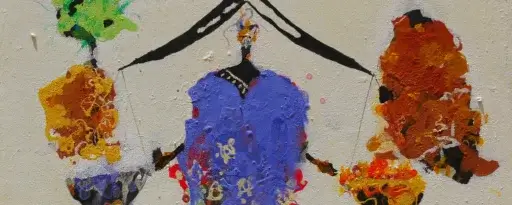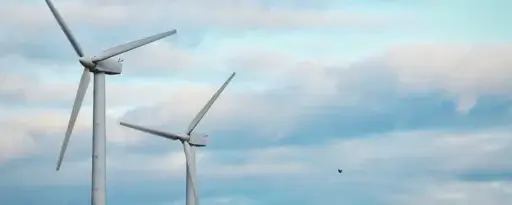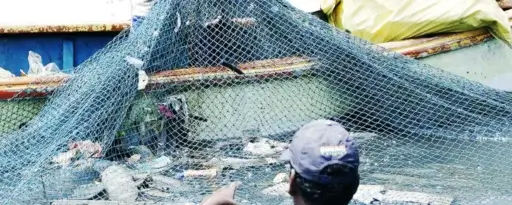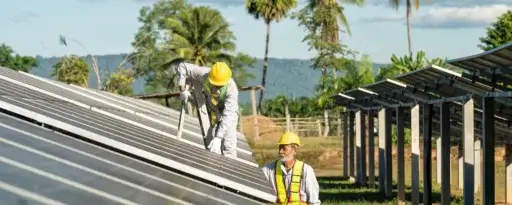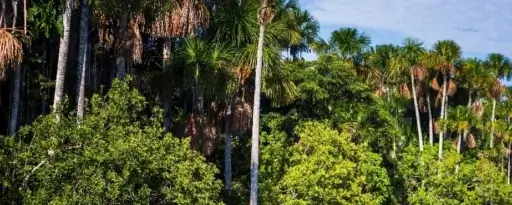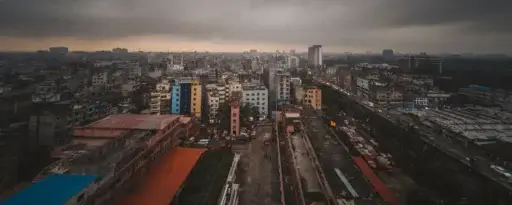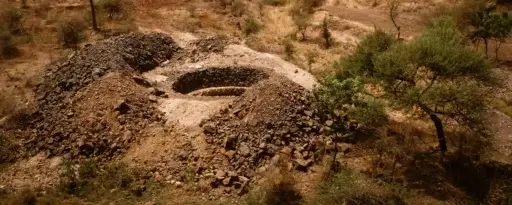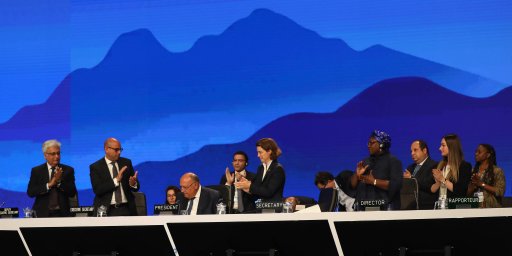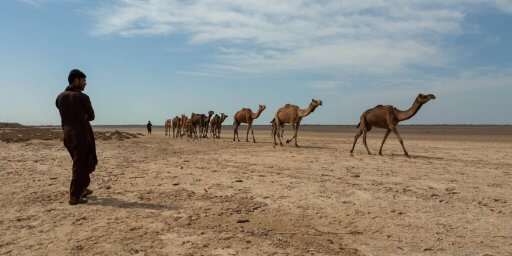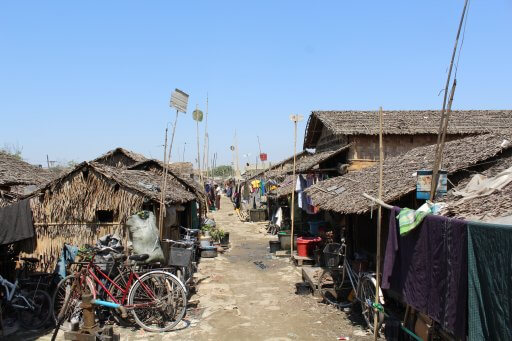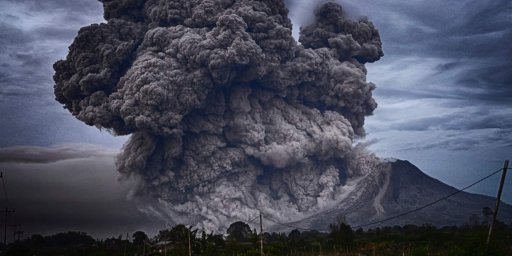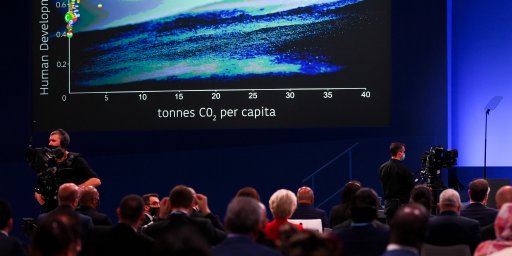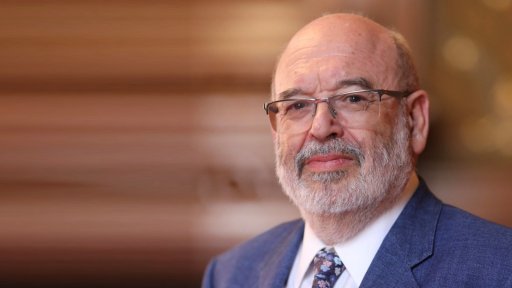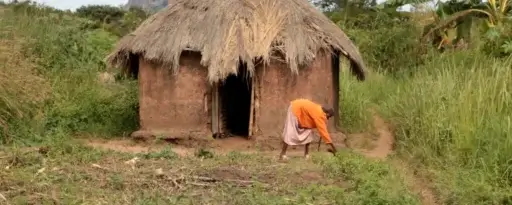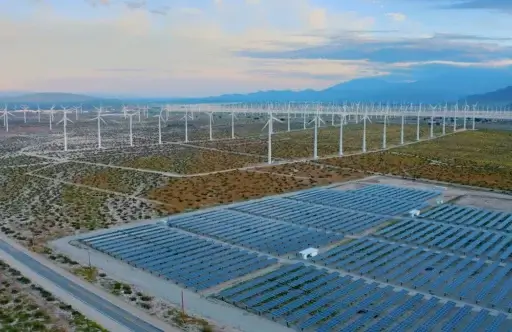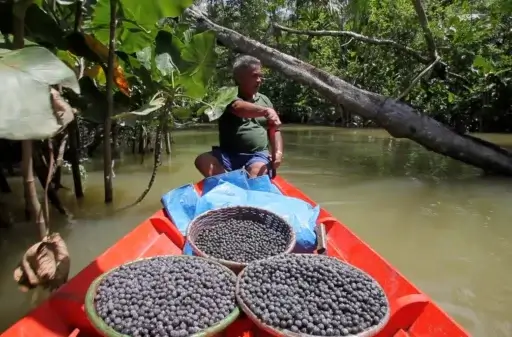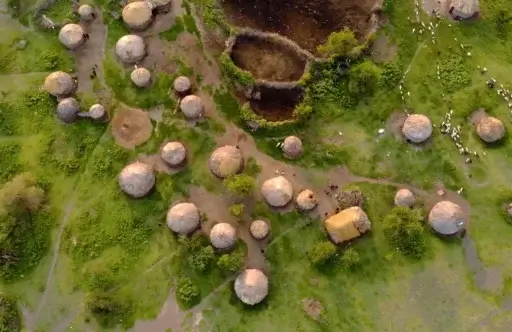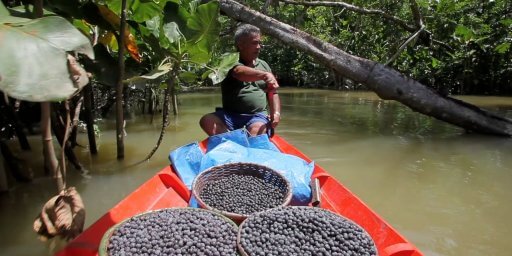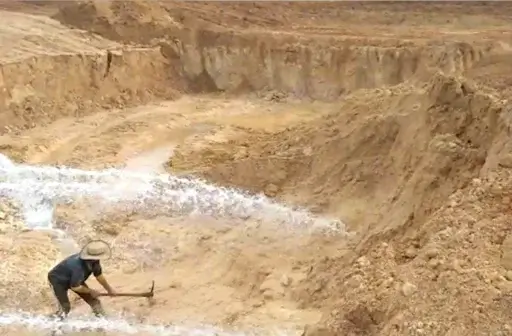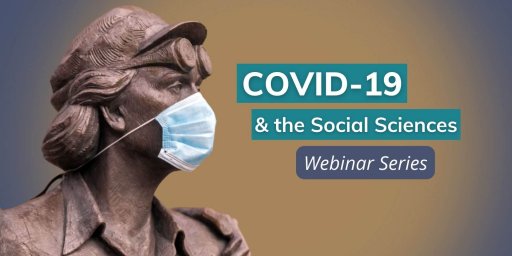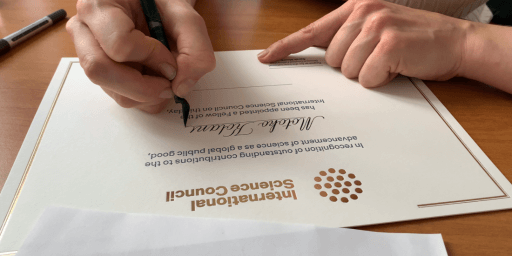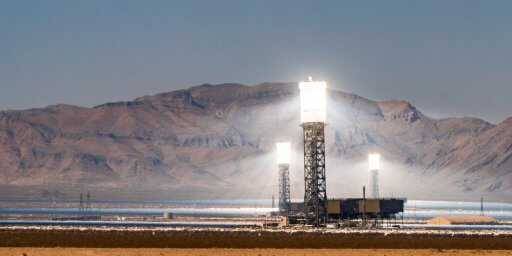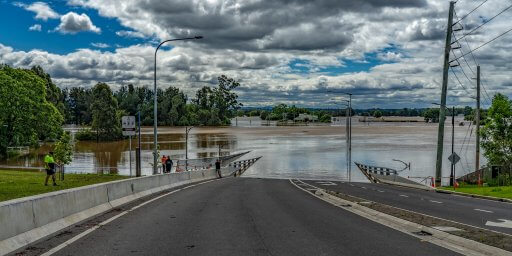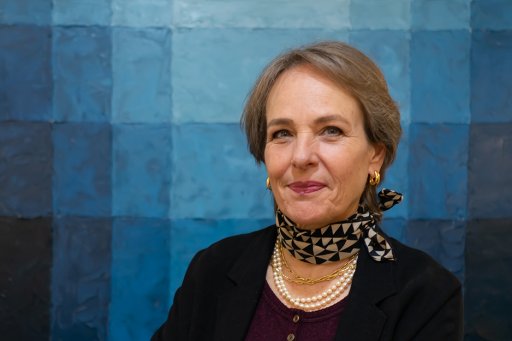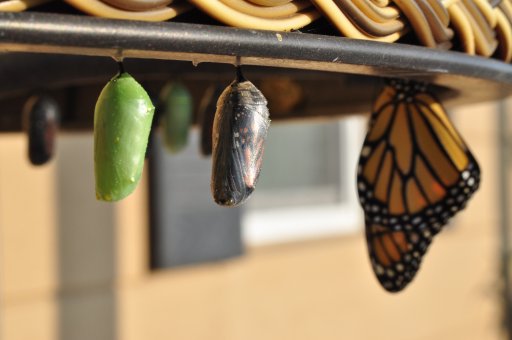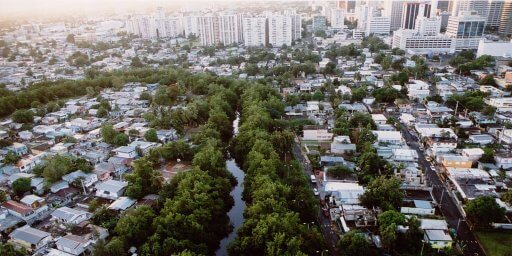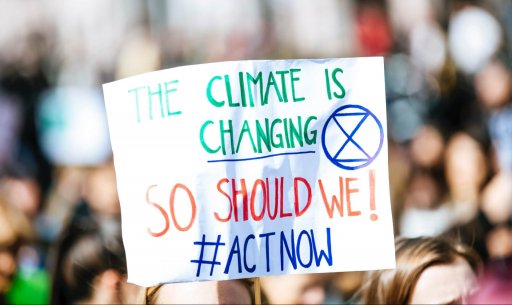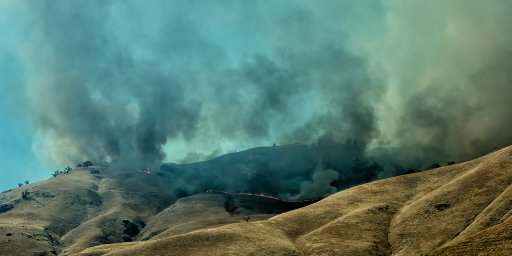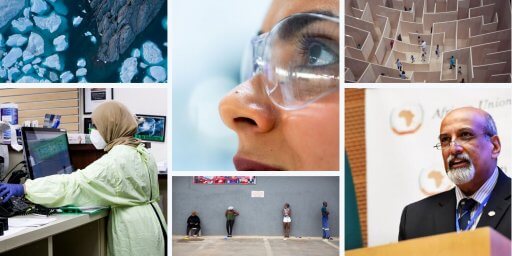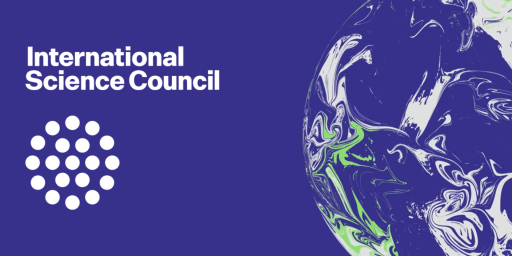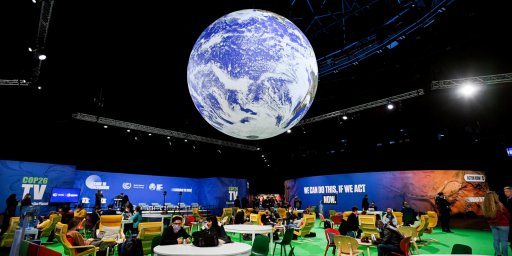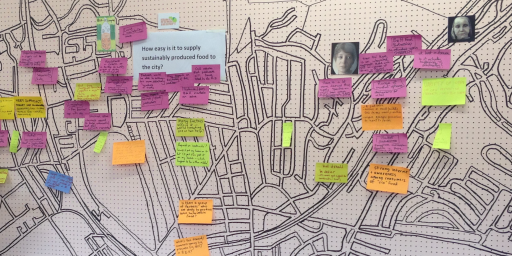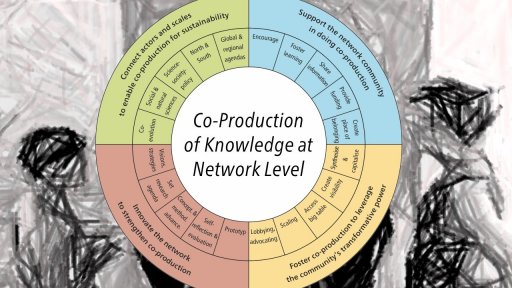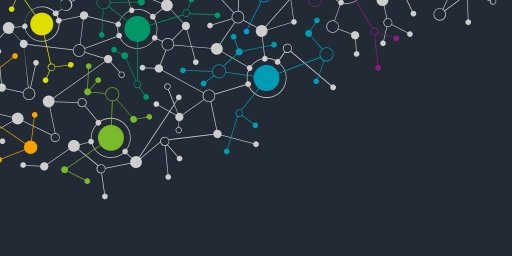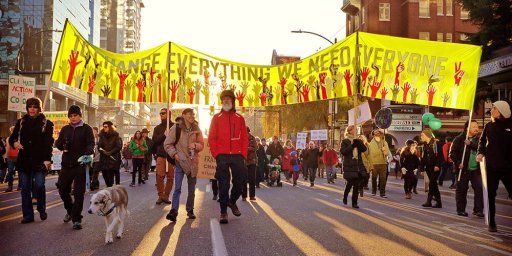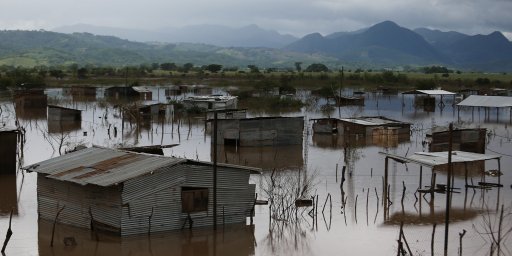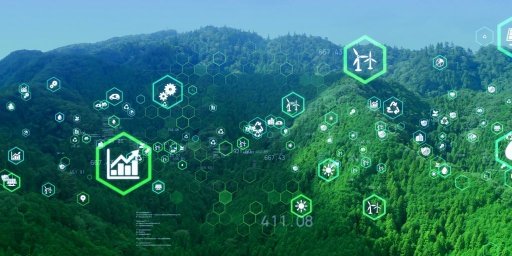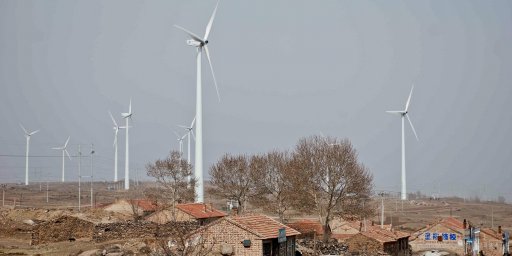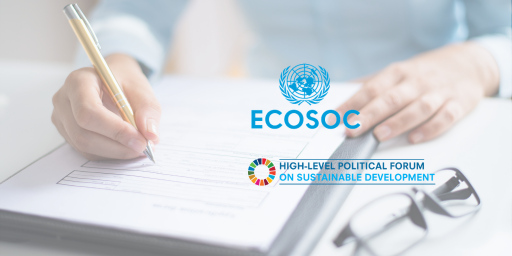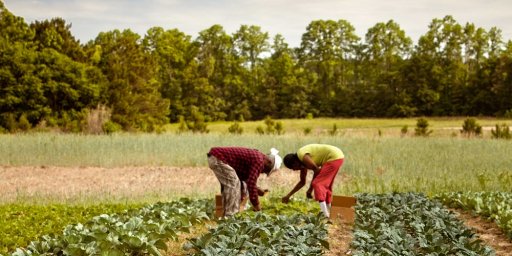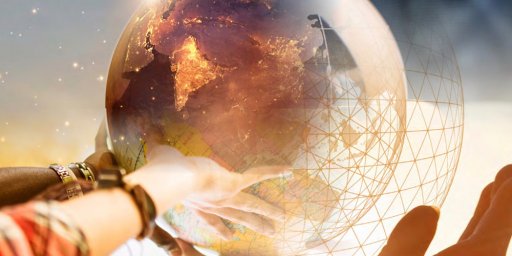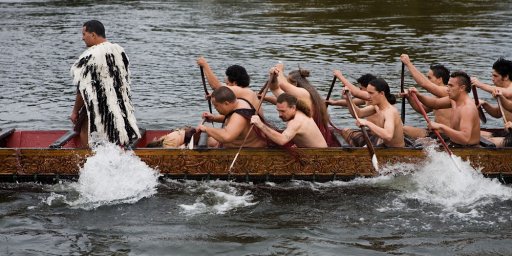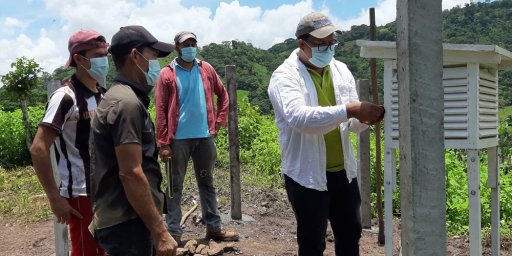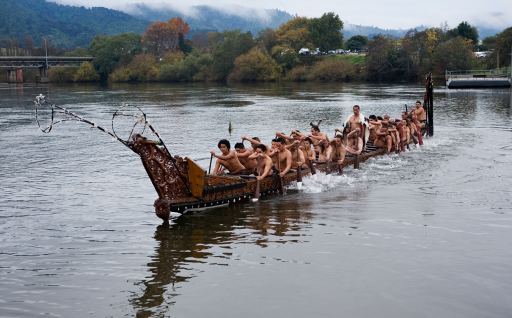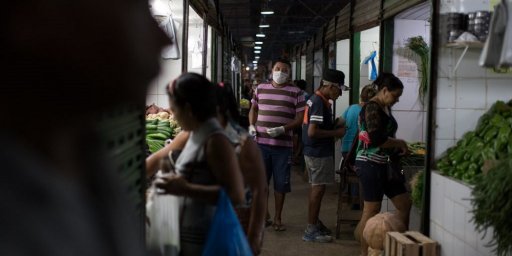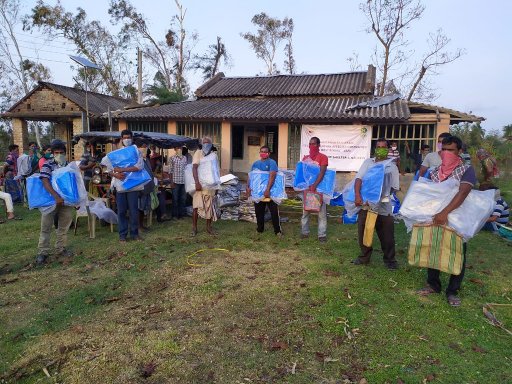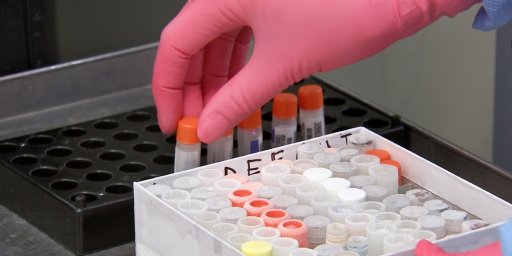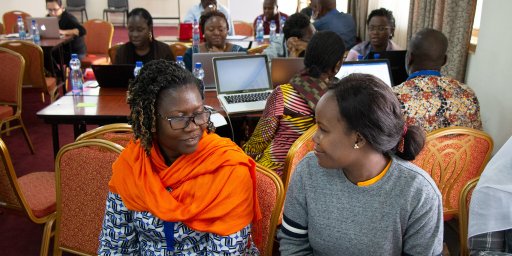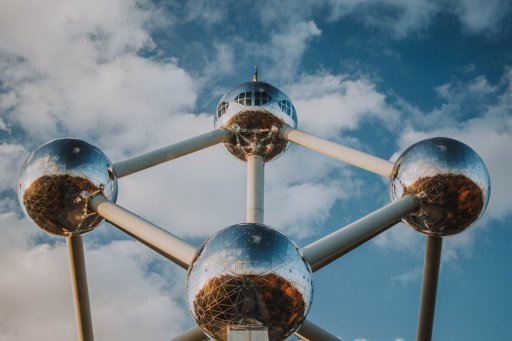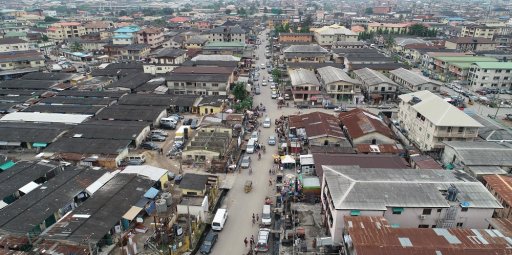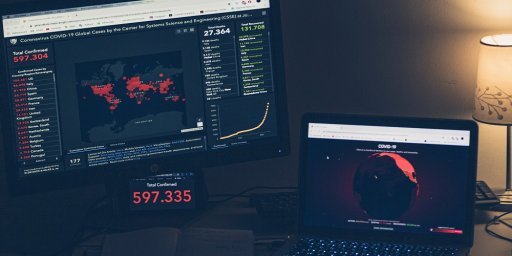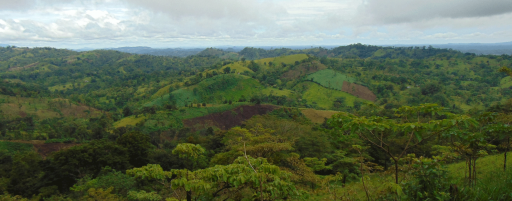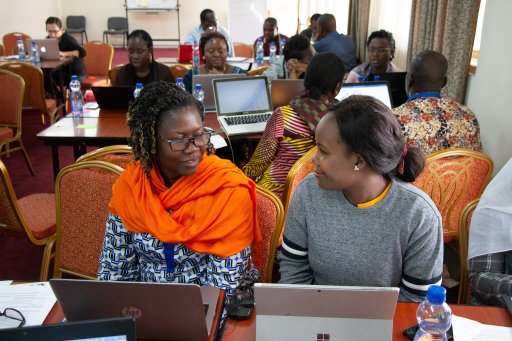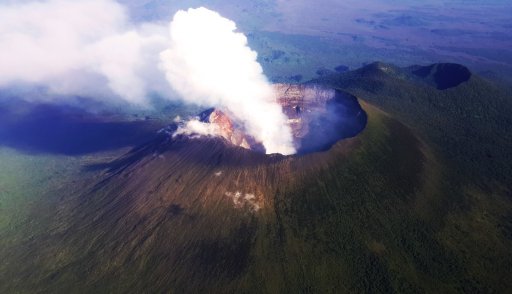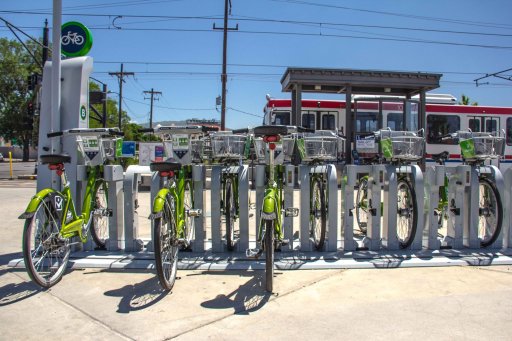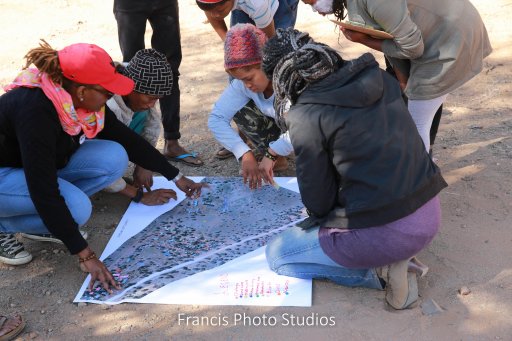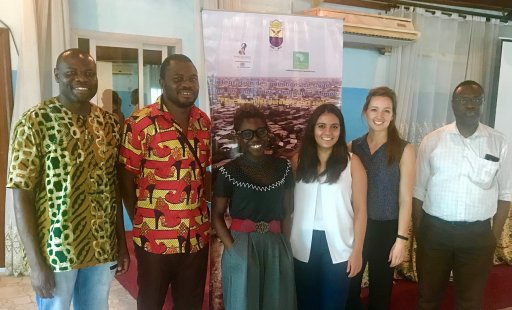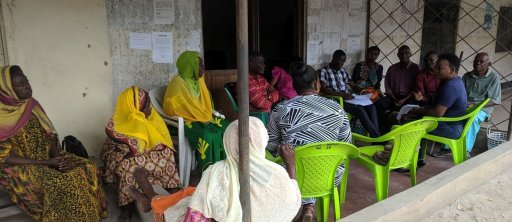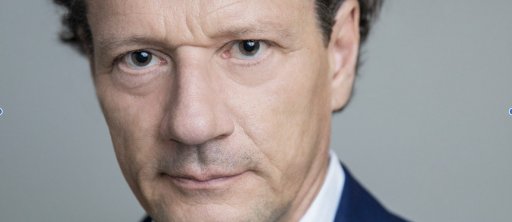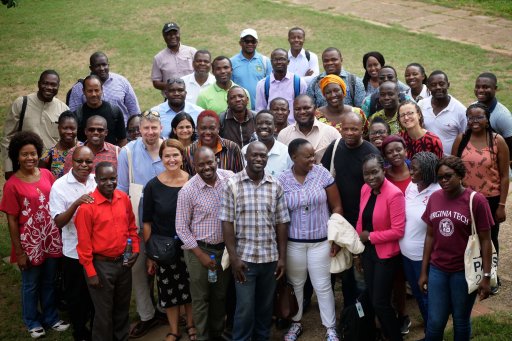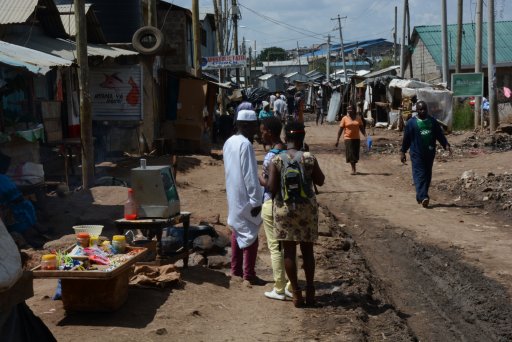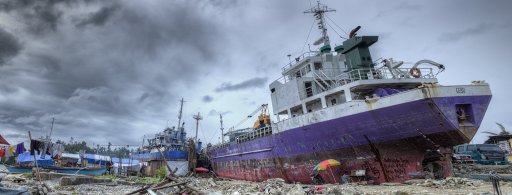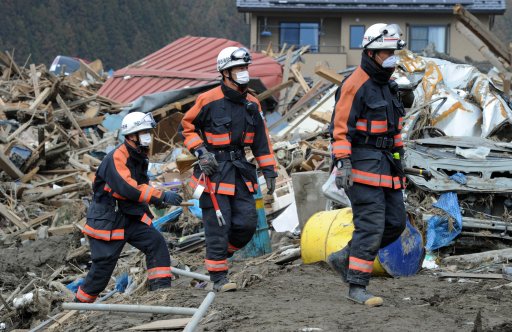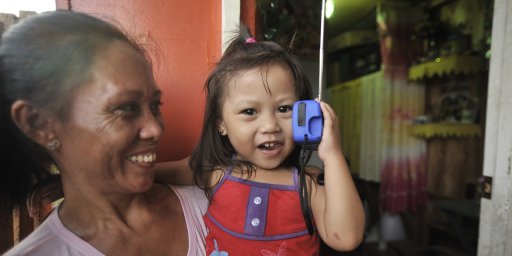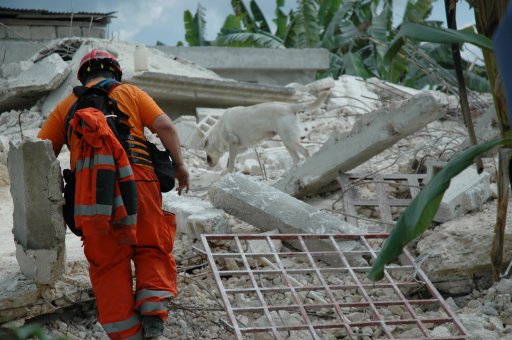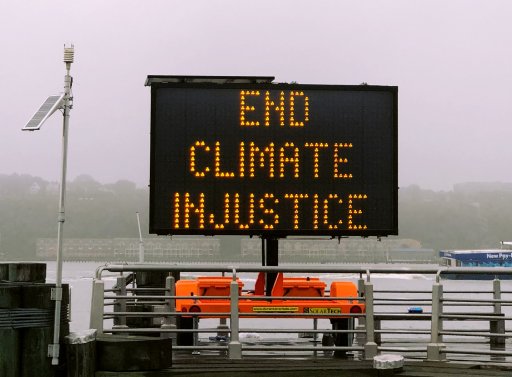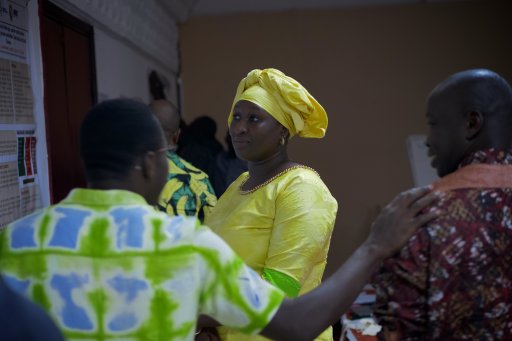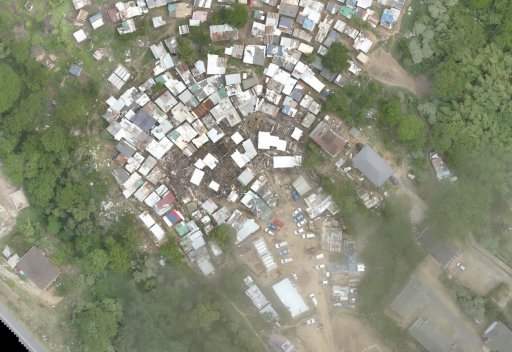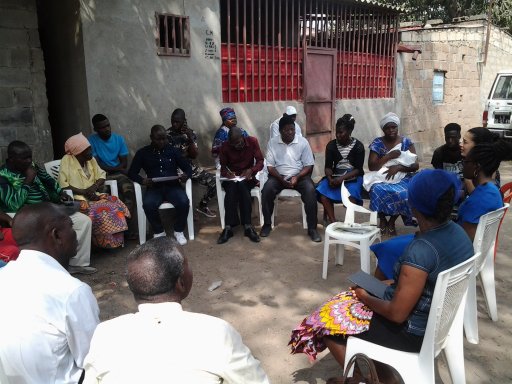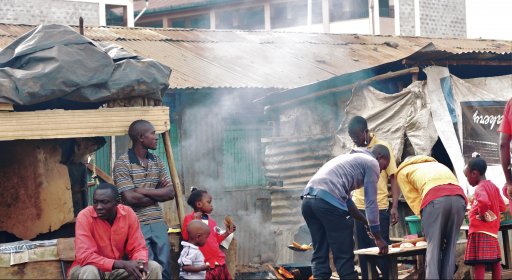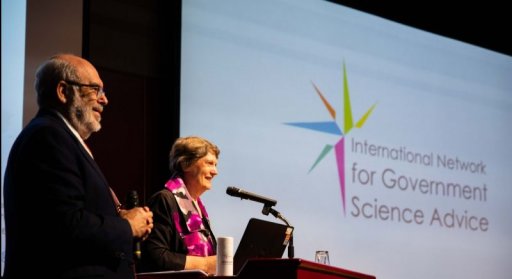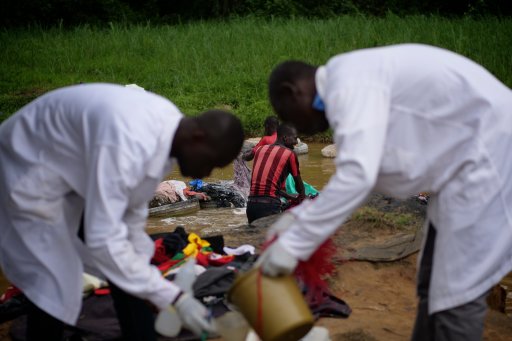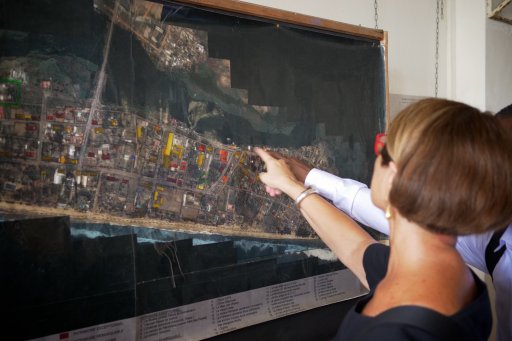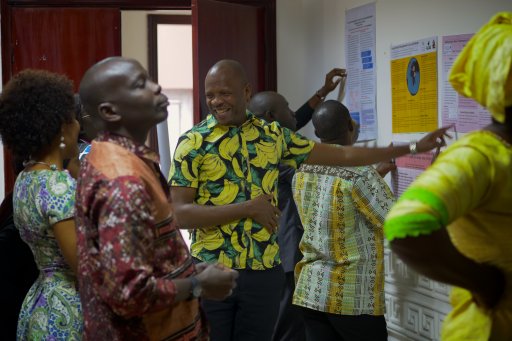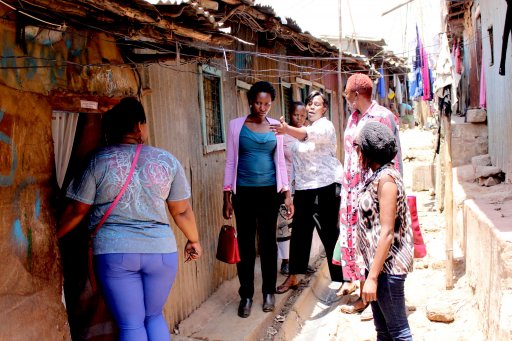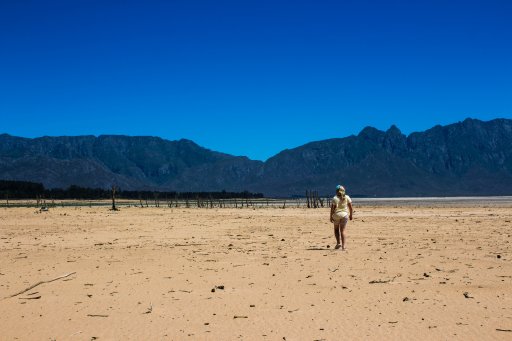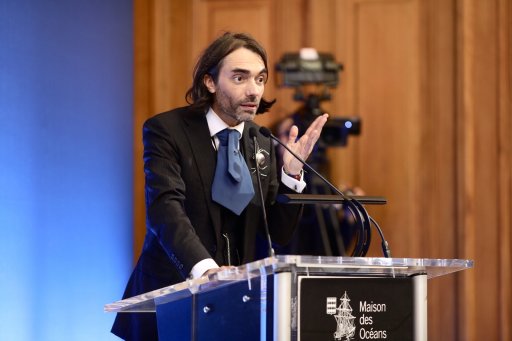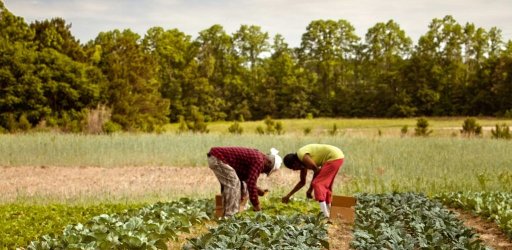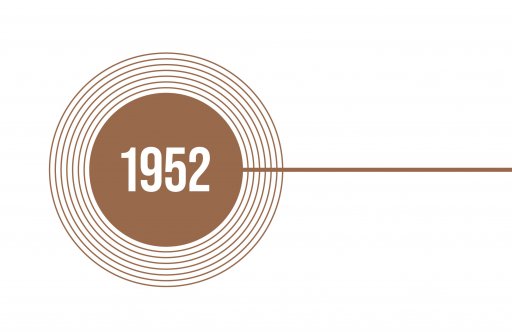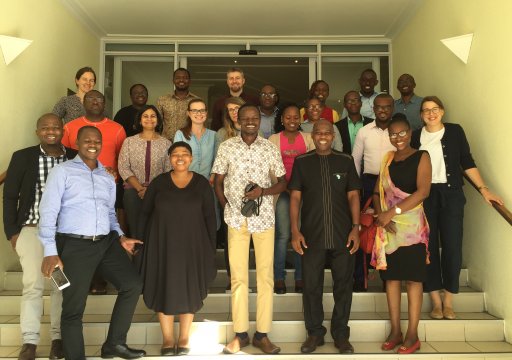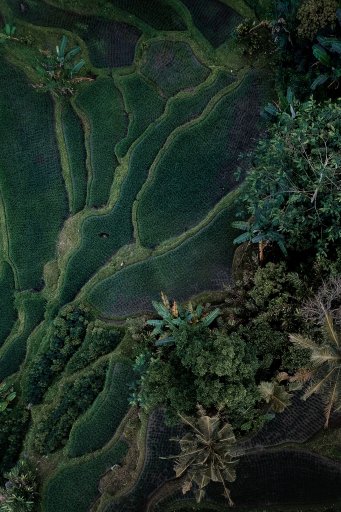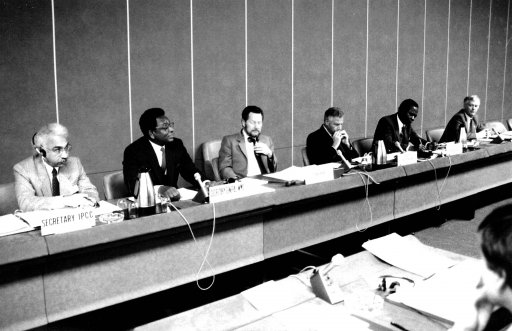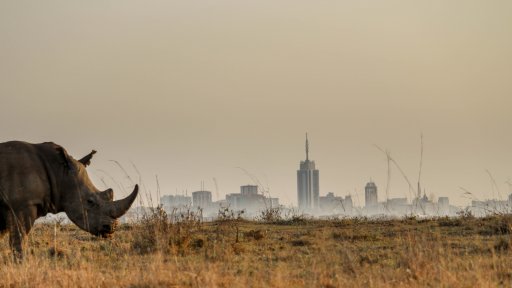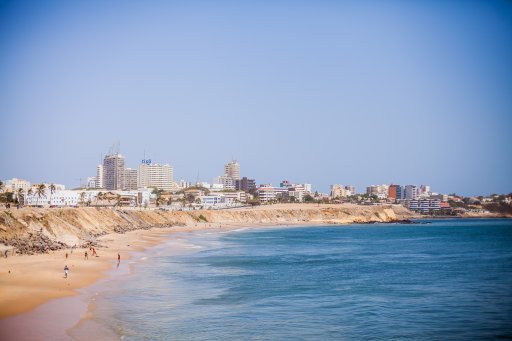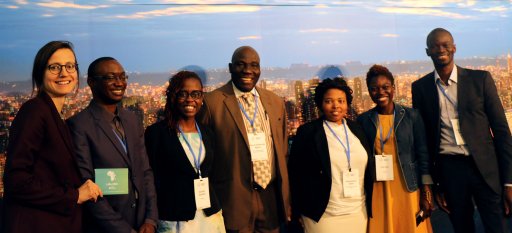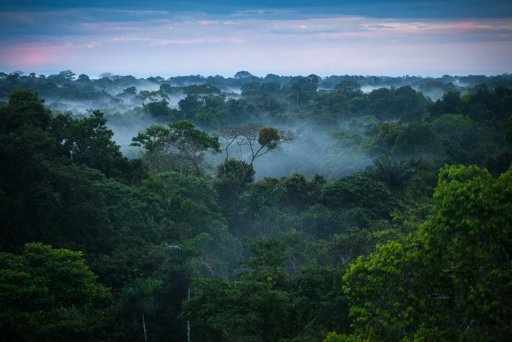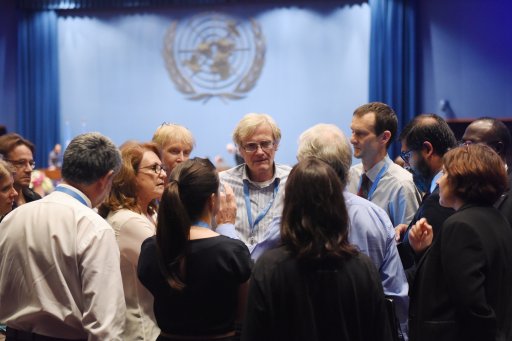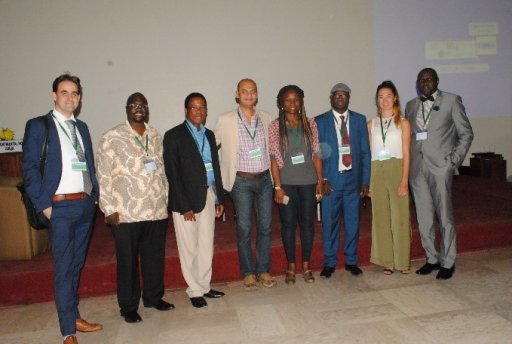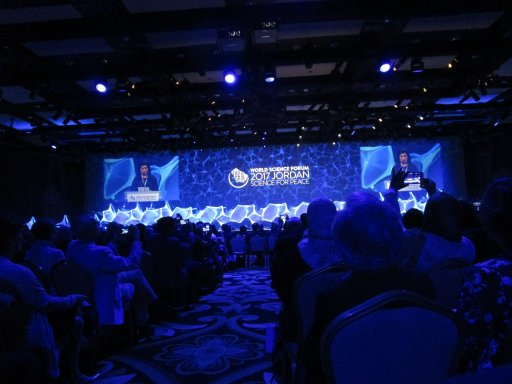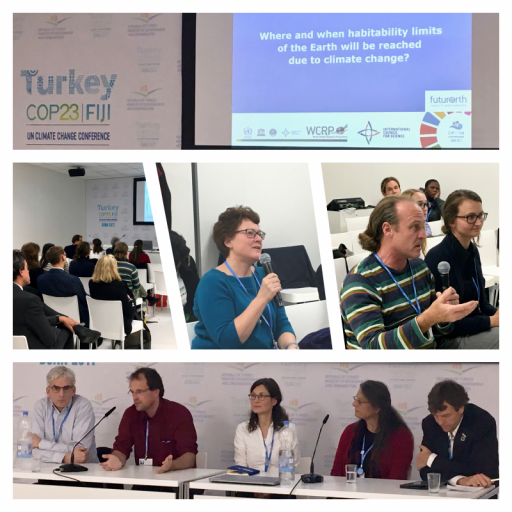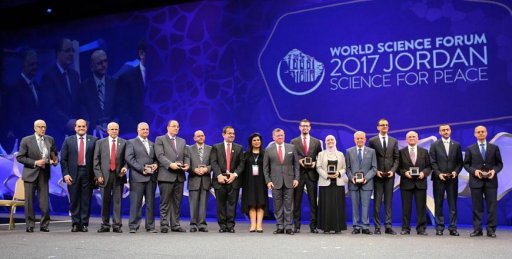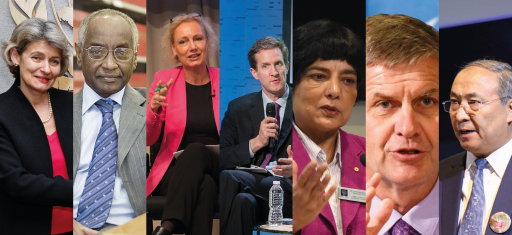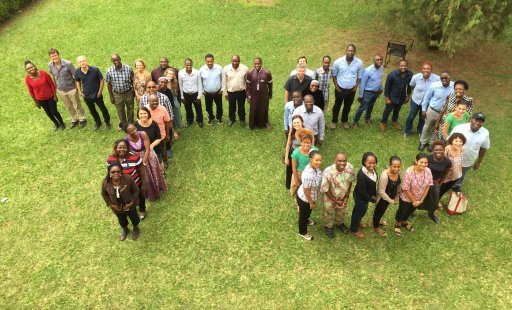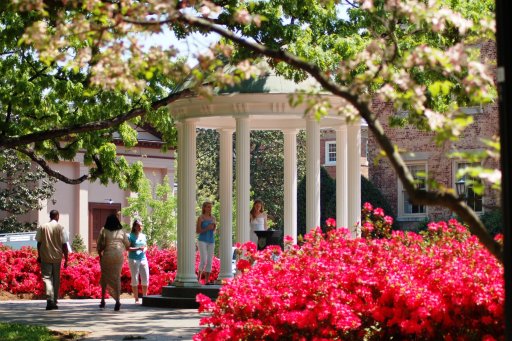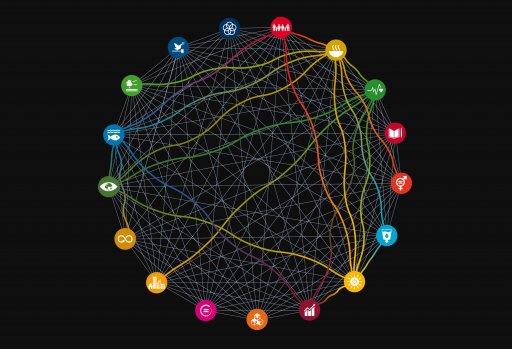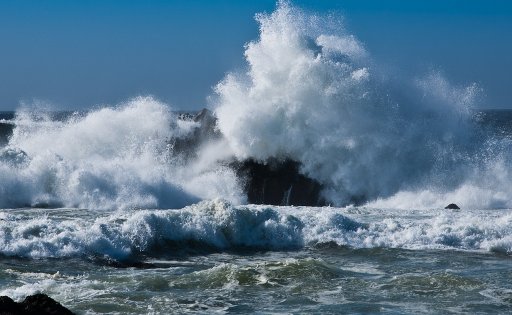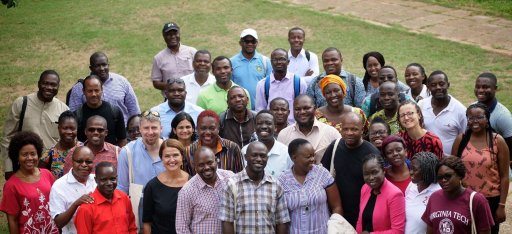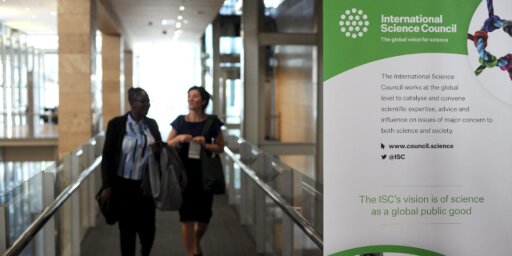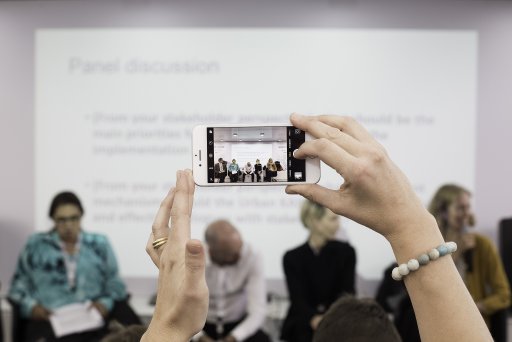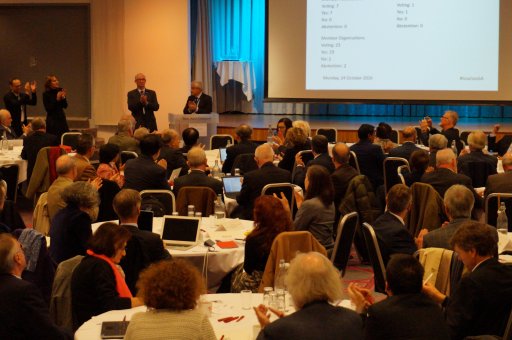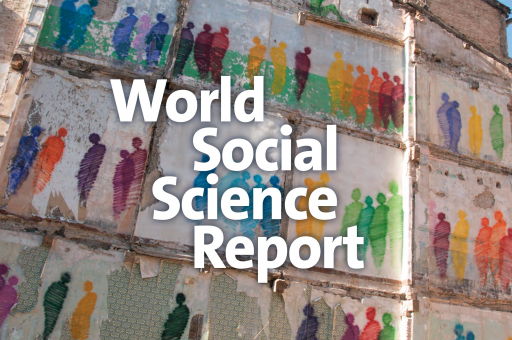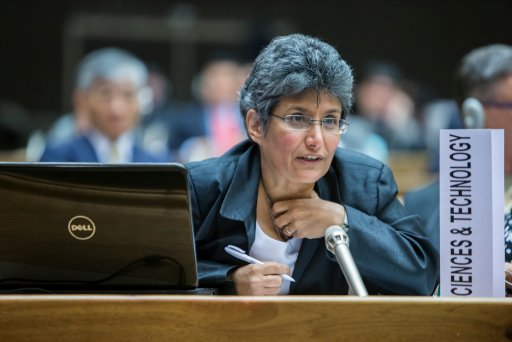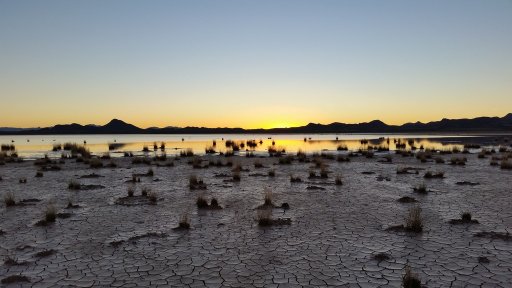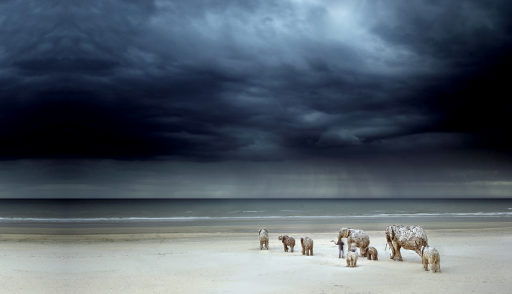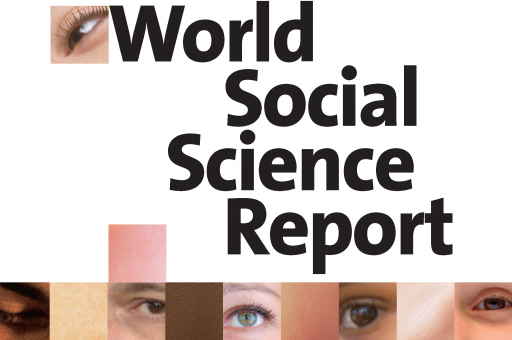This article is part of the ISC’s Transform21 series, which features resources from our network of scientists and change-makers to help inform the urgent transformations needed to achieve climate and biodiversity goals.
In the context of the forthcoming UNFCCC COP26 to be held in Glasgow, Scotland, and CBD COP15 in Kunming, China, we spoke to Meg Parsons, Senior Lecturer at the University of Auckland, New Zealand, about how to make policy fora like the COP more inclusive of Indigenous voices, and about the role of Indigenous knowledge alongside Western scientific knowledge within – but not limited to – environmental research.
Meg Parsons is a historical geographer of Indigenous and non-Indigenous descent whose research explores the experiences of Indigenous peoples with changing social and environmental conditions. Her article ‘Indigenous peoples and transformations in freshwater governance and management’, co-authored with Karen Fisher and published in Current Opinion in Environmental Sustainability was the basis for the Transformations to Sustainability knowledge brief ‘Promoting Indigenous knowledge and values for more sustainable water resource management’, published as part of the Transformations to Sustainability programme knowledge brief series.
What follows is an excerpt from a longer discussion available for reading here.
The organizers of major policy summits, such as the COP, often champion the role of Indigenous peoples for meeting climate and biodiversity goals, at least in public statements. What would it take to turn that kind of rhetoric into real change?
Indigenous peoples often occupy a marginal and conflicted position within COP deliberations. A lot of symbolic gestures are made by international and national leaders who attend Indigenous representatives’ presentations, speak informally with Indigenous leaders, give brief speeches and get their photos taken with Indigenous representatives. In these moments an emphasis is placed on celebrating Indigenous cultures and showing goodwill to Indigenous peoples’ issues. Yet the demands of Indigenous peoples to be included in decision-making processes, and for concrete actions, are not being addressed. Economically and politically powerful countries and coalitions of countries possess a much more significant influence at UN climate change summits than Indigenous peoples. Indeed, the capacities of Indigenous peoples’ interests to be represented regarding both climate change mitigation and adaptation decision-making at COPs is often dependent on Indigenous peoples’ political influence on their national government. Yet due to the historical and ongoing processes of colonialism and marginalization, Indigenous peoples’ influence within national and local government politics is often highly constrained.
Symbolic recognition of Indigenous cultures and Indigenous knowledge might occur at UN summits, but it is not translated into procedural justice (participation in decision-making processes) and distributive justice, such as financial support for Indigenous mitigation and adaptation efforts. Emphasis is often placed on recognition of Indigenous identity rather than recognition of status as Indigenous peoples’ who possess self-determination rights (as outlined in United Nations Declaration on the Rights of Indigenous Peoples), who should be allowed to negotiate on par with other nations within the UNFCCC process.
Despite the UN Declaration on the Rights of Indigenous People, there is yet to be effective and equitable (meaningful) inclusion of Indigenous people within UNFCCC decision-making processes.
This is not to say that Indigenous people are not active in making demands for climate justice and seeking to engage at the COP summits – often outside the COPs in the variety of autonomous free spaces.
In the context of the ongoing COVID-19 pandemic, it seems likely that it will be more difficult than usual for people – including Indigenous and non-Indigenous activists – to physically attend the next conference in Glasgow. Do you think that this will affect the kinds of engagement and impact that representatives of these groups can have?
The voices are important for raising awareness, promoting dialogue outside formal UNFCCC processes, and providing an important alternative that provides a much-needed antidote to the deliberations that far too often focus on making small-scale changes. I think that we should be advocating for UN summits to be more inclusive and transformative spaces, which allow for Indigenous peoples and members of civil society to be included in a way that breaks down traditional hierarchies and centres of negotiations that transcend nation-state or country blocks.
What can non-Indigenous researchers and decision-makers do to support this aim?
Non-Indigenous decision-makers and scientists need to be willing to hear and learn from Indigenous peoples. This requires them to spend time and effort listening to and learning from Indigenous peoples, which goes beyond them just attending a brief presentation given by Indigenous representatives at a UN summit or conference.
A way to move beyond rhetoric to action, therefore, is the shift more broadly to recognize formally Indigenous Knowledges (IK) as legitimate and valid knowledge systems, which are cumulative, dynamic and adaptive, by those organizations who are influential within the UNFCCC process as well as climate change mitigation and adaptation policy-making, projects, and practices around the globe. While this is already occurring, most of it is focused on making statements about inclusion that sometimes verge too far towards tokenism.
One of the ways we can avoid tokenism is to ensure actions are taken to increase the numbers of Indigenous peoples within scientific or research bodies, international and national organizations, and national delegations.
There are Indigenous scientists out there – be it physicists, environmental scientists and others – who are trained in scientific knowledge and knowledgeable about their Indigenous knowledge systems (IK), as well as Indigenous scholars from the social sciences and humanities, and non-academics who are experts about IK. A critical part of this recognition, therefore, needs to extend to who is being included and how they are getting included in producing research and informing policies.
At present most researchers who are researching and writing about IK (as well as most policy-makers) are non-Indigenous and there are far too few Indigenous researchers and/or Indigenous leaders whose expertise in IK is being recognized and included within formal organizations and processes.
Indigenous people who possess PhDs still face substantive institutional racism, which makes it difficult to get their work recognized. There are numerous instances where different organizations (scientific bodies, editors of journals, universities etc) choose to go to a non-Indigenous scholar to write about IK rather than ask an Indigenous scholar. One of the reasons might be because most Indigenous scholars try to not to romanticise IK and seek to present it in a holistic manner. They (or we) do not want to just research and write about cultural dimensions of IK or Indigenous Ecological Knowledge or Traditional Ecological Knowledge, and instead also seek to discuss the socio-economic, political, and spiritual dimensions of IK as well. This includes the ways in which colonialism and neoliberalism have and continue to have negative impacts on the lives, livelihoods and modes of living of Indigenous peoples, and the ways in which climate change is a direct manifestation of unsustainable cultures and ways of living emerging from colonial capitalistic endeavours.
The task of ensuring that the complementariness between Indigenous knowledge and scientific knowledge can be drawn on and fruitful collaborations between knowledge systems and peoples can occur cannot simply be in the hands of non-Indigenous scientists or policymakers.
The ISC supports the UN’s call for a new social contract based on genuine participation and partnership that respects the rights, dignity and freedoms of all, Indigenous and non-Indigenous participants in research. What do non-Indigenous scientists need to know about Indigenous Knowledge (IK) to support this aim?
Instead of seeking to see and test IK according to the standards and procedures set out by Western scientific knowledge, scientists need to be open to alternative ways of thinking and doing that does not conform to their ways of seeing the world and their disciplines’ practices. Rather than scientists or policymakers seeing IK as a tool to augment gaps in scientific knowledge or as a collection of data that needs to be tested and validated (or invalidated) through scientific measures (to ensure its universal applicability and robustness), IK needs to be recognized as a place-based and holistic system of knowledge (information, practices, worldviews) that is tied to cultures and modes of living.
These knowledge systems emerged over centuries and millennia in specific places and cultures and are used alongside Western scientific knowledge, but IK and scientific knowledge are not the same. One cannot simply to integrated into the other as the ontological foundations are different. IK is place-based (context-specific), holistic, and centred on looking at the inter-relationships between things.
IK was and is still used by many Indigenous peoples to understand and monitor environmental conditions, sustainably manage their environments, and prepare for and respond to environmental variability and changes. In doing so, Indigenous communities seek to maintain the health & wellbeing of humans and more-than-humans.
IK, however, should not be romanticised or left to outsiders to determine if and how it is valid to discussions of climate change. Indigenous scholars stress the need to recognize that Indigenous peoples’ cultures, ways of life, and knowledges are multiple and dynamic.
Indigenous peoples are amongst the most vulnerable to the negative impacts of climate change, produce far less GHG emissions than their non-Indigenous counterparts within their nation-states, and yet cannot access resources or information needed to allow them to adapt to and mitigate climate change. The question is thus how to ensure Indigenous inclusion is the norm, not the exception.
Some of the ways suggested include a focus on economic remedies. Another is the formal recognition of not only Indigenous knowledge but also Indigenous experiences, responsibilities and rights within UNFCCC processes and other forums.
Indigenous peoples’ diverse knowledge systems (which are founded on their diverse worldviews) share a common thread that emphasises human-nature relations (socio-natures or human/more-than-human ethics) that often stands in contrast to Western worldviews, which are Anthropocentric (humans over nature or command-and-control). Indigenous peoples’ worldviews frequently emphasize holistic connections wherein it is impossible to try to divorce the environment from social, cultural, economic or political as everything is bound together. Such views are often expressed in terms of environmental guardianship, stewardship, or protectors (that traverse local, national, and global scales).
Rather than thinking about IK as simply information about the environment, I think the shift to thinking about it in terms of sustainable governance and management practices is helpful. Environmental guardianship can be seen in Indigenous peoples’ local-level efforts to sustainably manage their ecological products and human-environment relations, but also in global efforts to raise awareness of the threat that climate change poses to Indigenous peoples and all of humanity. So I think a shift towards a more expansive discussion of IK as knowledge-practice-worldviews is needed and it gets around the focus on trying to test and take IK and use it within scientific discourse.
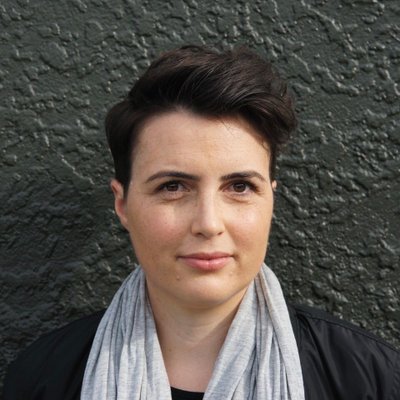
Meg Parsons
Meg Parsons is a Senior Lecturer at the School of Environment, University of Auckland, New Zealand. Her research explores the experiences of Indigenous peoples with changing social and environmental conditions, adopting an intersectional approach to examine Indigenous societies’ experiences of radical social-ecological transformations linked to colonisation, European imperialism, and globalisation, and the ways in which these complex processes inform individuals and communities’ understandings and responses to contemporary environmental crises, most notably climate change and freshwater degradation. Her research is intersectional, transdisciplinary, and collaborative in scope and nature, and crosses the boundaries between human geography, historical studies, environmental management, and Indigenous studies.
Image: Terence Faircloth via Flickr. Detail of mural by Daniel R5 Barojas aka @r5imaging.

